Date set for next stage of Alistair Carmichael legal challenge
- Published
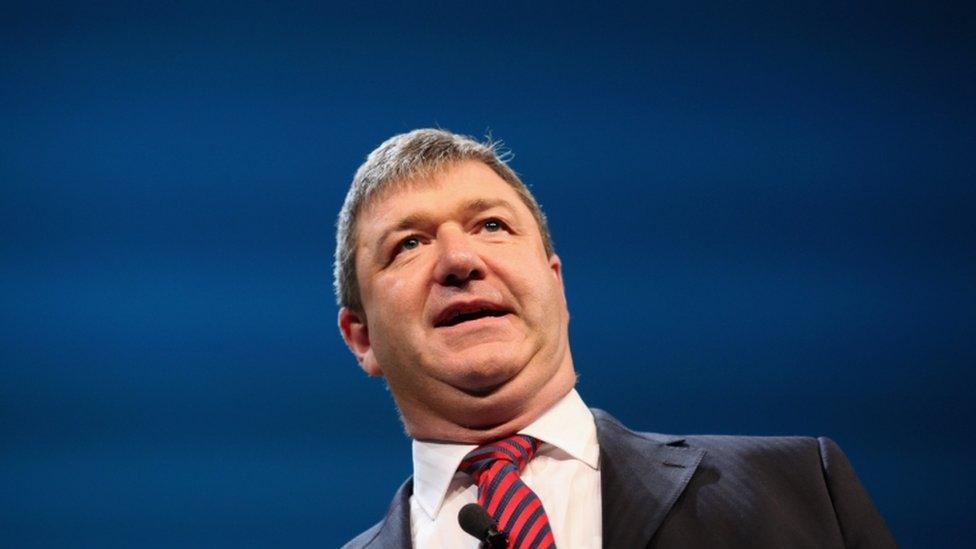
A date has been set for the next stage in a legal challenge to Alistair Carmichael's election as MP for Orkney and Shetland.
Four constituents raised the action under the Representation of the People Act 1983.
They claim the Lib Dem MP misled voters over a memo claiming SNP leader Nicola Sturgeon would rather have seen David Cameron become prime minister.
Judges have set aside four days from 9 November.
Legal argument was heard at a special election court in Edinburgh last month. It was broadcast and streamed online live.
The case is believed to be the first of its kind in Scotland for 50 years.
It arose from a story in the Daily Telegraph newspaper, at the start of the general election campaign in April.
Mr Carmichael - Scottish Secretary in the Tory-Lib Dem coalition before the election - had authorised the leaking of a civil service memo, suggesting Ms Sturgeon had told the French ambassador she wanted David Cameron to remain in Downing Street.
He claimed in a TV interview the first he had heard of it was when he received a phone call from a reporter.
Attacks on rivals
However, the MP then admitted full responsibility for sanctioning its release, and accepted the details of the account were not correct.
Judges ruled last month the legal challenge could proceed, external.
Lady Paton and Lord Matthews heard a preliminary legal debate at a special election court, which examined three questions.
The first was whether section 106 of the act - which makes it illegal to make or publish false statements about any candidate during an election campaign - could apply to candidates talking about themselves, as well as attacks on their rivals.
The judges ruled that the language used in section 106 was "wide enough to encompass a statement made by a candidate about himself".
However, they said they wanted to hear evidence about the two remaining issues before issuing a determination on the case.
These are whether the words were false statements of fact which related to Mr Carmichael's personal character or conduct, and whether they were said "for the purpose of affecting the return of any candidate at the election".
The judges said they wanted to hear evidence on these issues because each case had to be considered on its own facts.
- Published29 September 2015
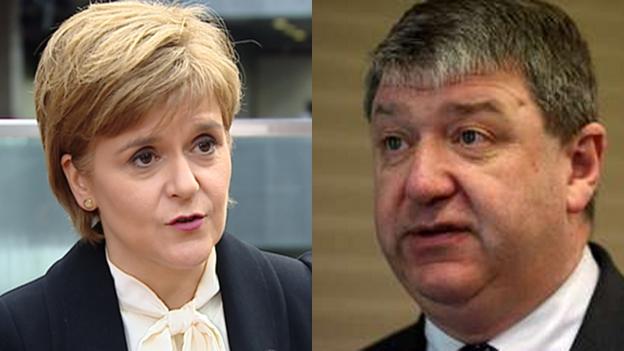
- Published10 September 2015
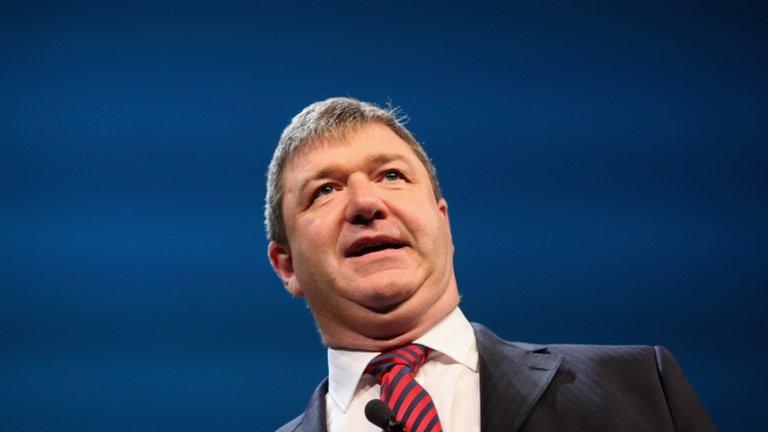
- Published8 September 2015
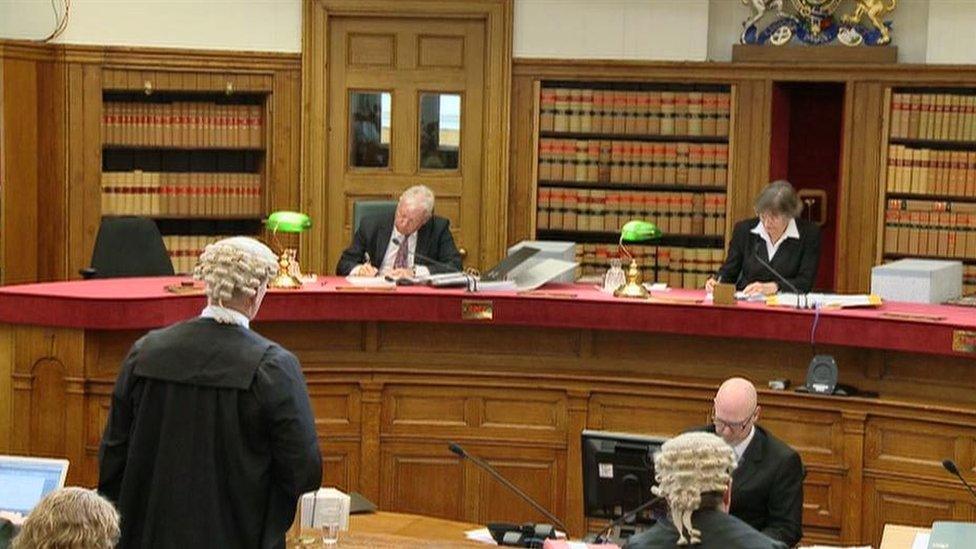
- Published8 September 2015
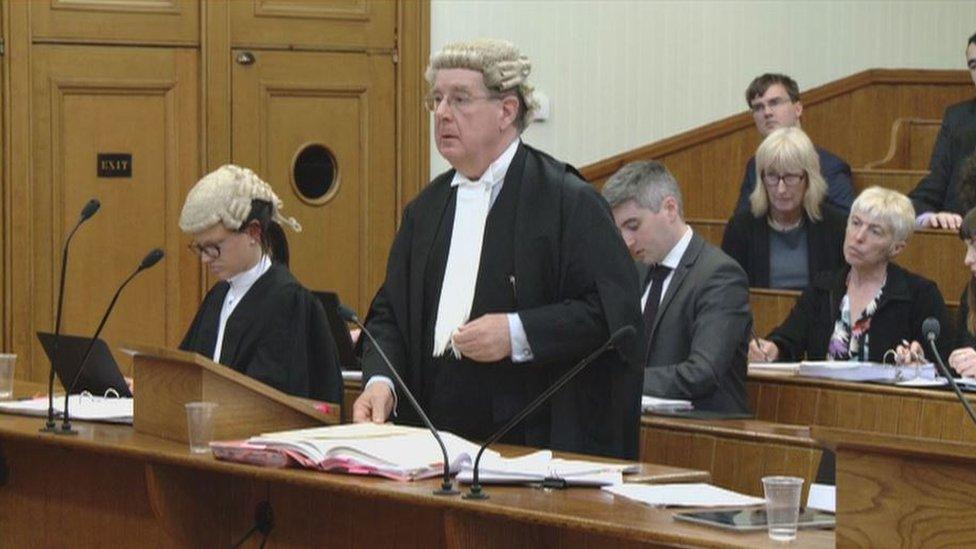
- Published7 September 2015
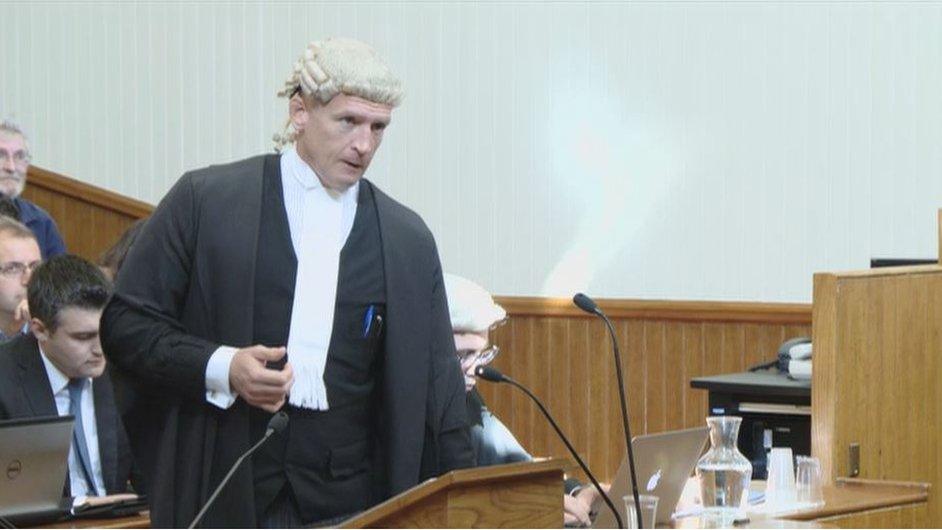
- Published7 September 2015

- Published1 September 2015

- Published21 August 2015

- Published8 July 2015

- Published6 July 2015
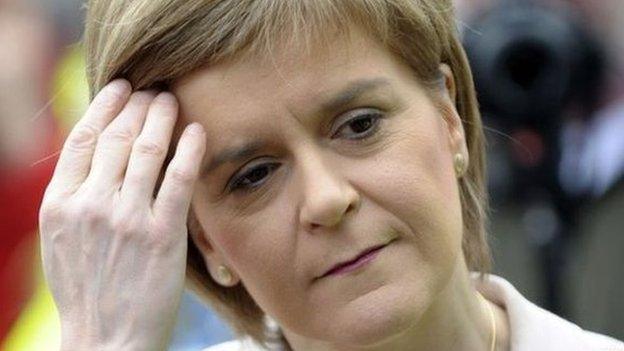
- Published2 July 2015
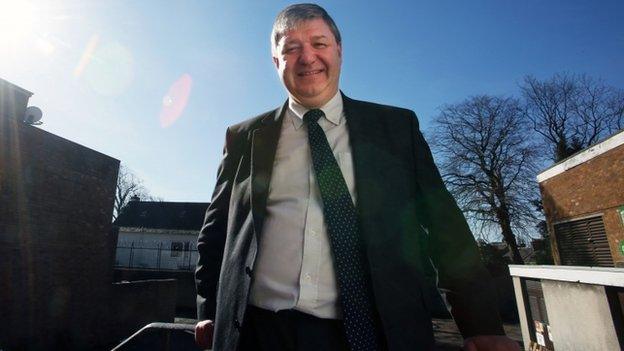
- Published29 May 2015
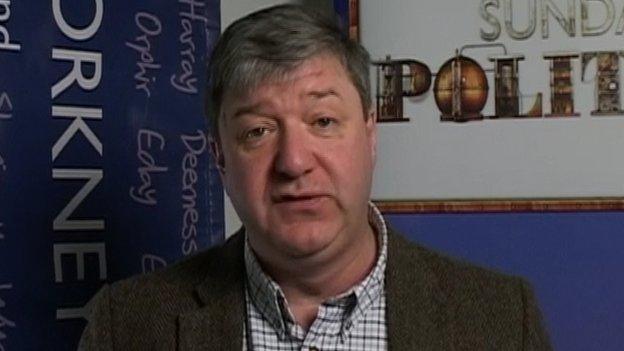
- Published22 May 2015
